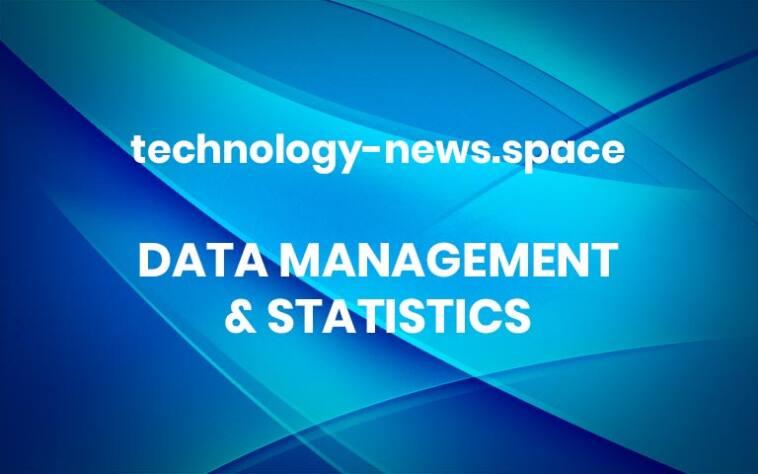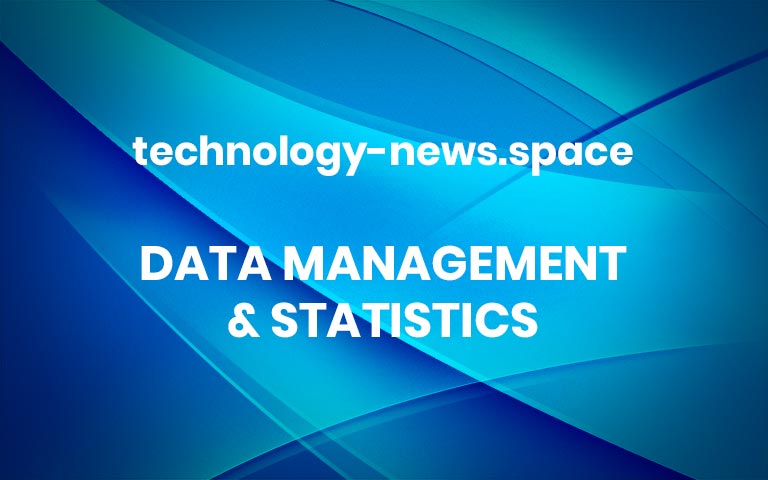“We offer another place for knowledge”
In the Dzaleka Refugee Camp in Malawi, Jospin Hassan didn’t have access to the education opportunities he sought. So, he decided to create his own.
Hassan knew the booming fields of data science and artificial intelligence could bring job opportunities to his community and help solve local challenges. After earning a spot in the 2020-21 cohort of the Certificate Program in Computer and Data Science from MIT Refugee Action Hub (ReACT), Hassan started sharing MIT knowledge and skills with other motivated learners in Dzaleka.
MIT ReACT is now Emerging Talent, part of the Jameel World Education Lab (J-WEL) at MIT Open Learning. Currently serving its fifth cohort of global learners, Emerging Talent’s year-long certificate program incorporates high-quality computer science and data analysis coursework from MITx, professional skill building, experiential learning, apprenticeship work, and opportunities for networking with MIT’s global community of innovators. Hassan’s cohort honed their leadership skills through interactive online workshops with J-WEL and the 10-week online MIT Innovation Leadership Bootcamp.
“My biggest takeaway was networking, collaboration, and learning from each other,” Hassan says.
Today, Hassan’s organization ADAI Circle offers mentorship and education programs for youth and other job seekers in the Dzaleka Refugee Camp. The curriculum encourages hands-on learning and collaboration.
Launched in 2020, ADAI Circle aims to foster job creation and reduce poverty in Malawi through technology and innovation. In addition to their classes in data science, AI, software development, and hardware design, their Innovation Hub offers internet access to anyone in need.
Doing something different in the community
Hassan first had the idea for his organization in 2018 when he reached a barrier in his own education journey. There were several programs in the Dzaleka Refugee Camp teaching learners how to code websites and mobile apps, but Hassan felt that they were limited in scope.
“We had good devices and internet access,” he says, “but I wanted to learn something new.”
Teaming up with co-founder Patrick Byamasu, Hassan and Byamasu set their sights on the longevity of AI and how that might create more jobs for people in their community. “The world is changing every day, and data scientists are in a higher demand today in various companies,” Hassan says. “For this reason, I decided to expand and share the knowledge that I acquired with my fellow refugees and the surrounding villages.”
ADAI Circle draws inspiration from Hassan’s own experience with MIT Emerging Talent coursework, community, and training opportunities. For example, the MIT Bootcamps model is now standard practice for ADAI Circle’s annual hackathon. Hassan first introduced the hackathon to ADAI Circle students as part of his final experiential learning project of the Emerging Talent certificate program.
ADAI Circle’s annual hackathon is now an interactive — and effective — way to select students who will most benefit from its programs. The local schools’ curricula, Hassan says, might not provide enough of an academic challenge. “We can’t teach everyone and accommodate everyone because there are a lot of schools,” Hassan says, “but we offer another place for knowledge.”
The hackathon helps students develop data science and robotics skills. Before they start coding, students have to convince ADAI Circle teachers that their designs are viable, answering questions like, “What problem are you solving?” and “How will this help the community?” A community-oriented mindset is just as important to the curriculum.
In addition to the practical skills Hassan gained from Emerging Talent, he leveraged the program’s network to help his community. Thanks to a social media connection Hassan made with the nongovernmental organization Give Internet after one of Emerging Talent’s virtual events, Give Internet brought internet access to ADAI Circle.
Bridging the AI gap to unmet communities
In 2023, ADAI Circle connected with another MIT Open Learning program, Responsible AI for Social Empowerment and Education (RAISE), which led to a pilot test of a project-based AI curriculum for middle school students. The Responsible AI for Computational Action (RAICA) curriculum equipped ADAI Circle students with AI skills for chatbots and natural language processing.
“I liked that program because it was based on what we’re teaching at the center,” Hassan says, speaking of his organization’s mission of bridging the AI gap to reach unmet communities.
The RAICA curriculum was designed by education experts at MIT Scheller Teacher Education Program (STEP Lab) and AI experts from MIT Personal Robots group and MIT App Inventor. ADAI Circle teachers gave detailed feedback about the pilot to the RAICA team. During weekly meetings with Glenda Stump, education research scientist for RAICA and J-WEL, and Angela Daniel, teacher development specialist for RAICA, the teachers discussed their experiences, prepared for upcoming lessons, and translated the learning materials in real time.
“We are trying to create a curriculum that’s accessible worldwide and to students who typically have little or no access to technology,” says Mary Cate Gustafson-Quiett, curriculum design manager at STEP Lab and project manager for RAICA. “Working with ADAI and students in a refugee camp challenged us to design in more culturally and technologically inclusive ways.”
Gustafson-Quiett says the curriculum feedback from ADAI Circle helped inform how RAICA delivers teacher development resources to accommodate learning environments with limited internet access. “They also exposed places where our team’s western ideals, specifically around individualism, crept into activities in the lesson and contrasted with their more communal cultural beliefs,” she says.
Eager to introduce more MIT-developed AI resources, Hassan also shared MIT RAISE’s Day of AI curricula with ADAI Circle teachers. The new ChatGPT module gave students the chance to level up their chatbot programming skills that they gained from the RAICA module. Some of the advanced students are taking initiative to use ChatGPT API to create their own projects in education.
“We don’t want to tell them what to do, we want them to come up with their own ideas,” Hassan says.
Although ADAI Circle faces many challenges, Hassan says his team is addressing them one by one. Last year, they didn’t have electricity in their Innovation Hub, but they solved that. This year, they achieved a stable internet connection that’s one of the fastest in Malawi. Next up, they are hoping to secure more devices for their students, create more jobs, and add additional hubs throughout the community. The work is never done, but Hassan is starting to see the impact that ADAI Circle is making.
“For those who want to learn data science, let’s let them learn,” Hassan says. More



